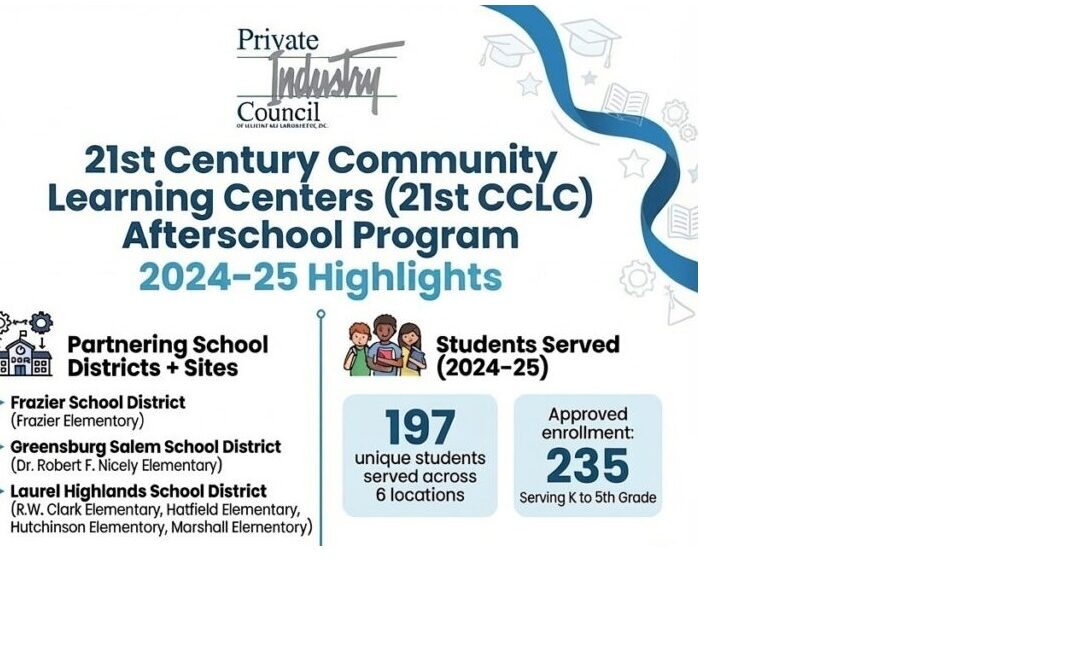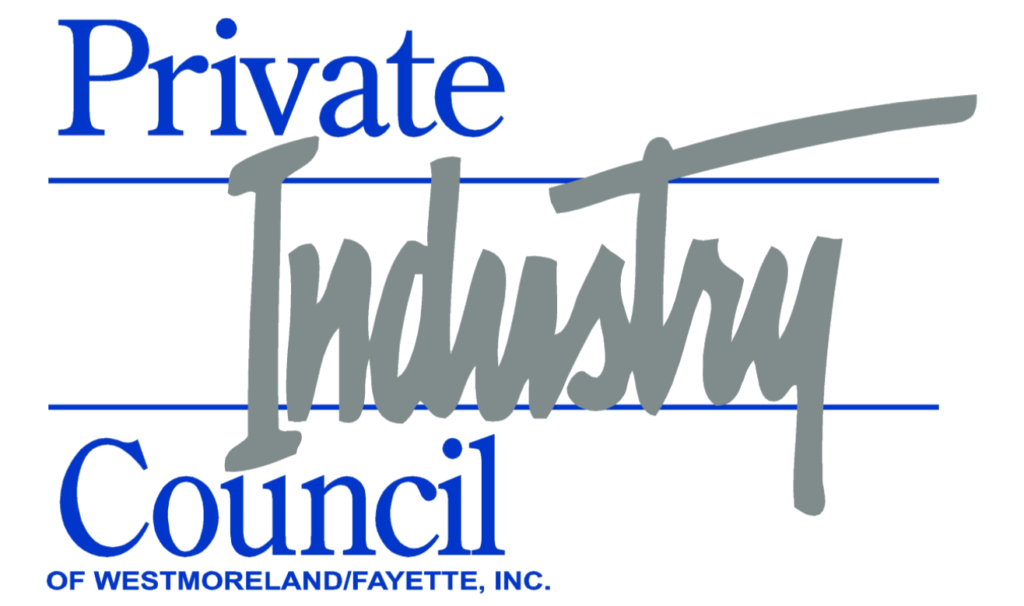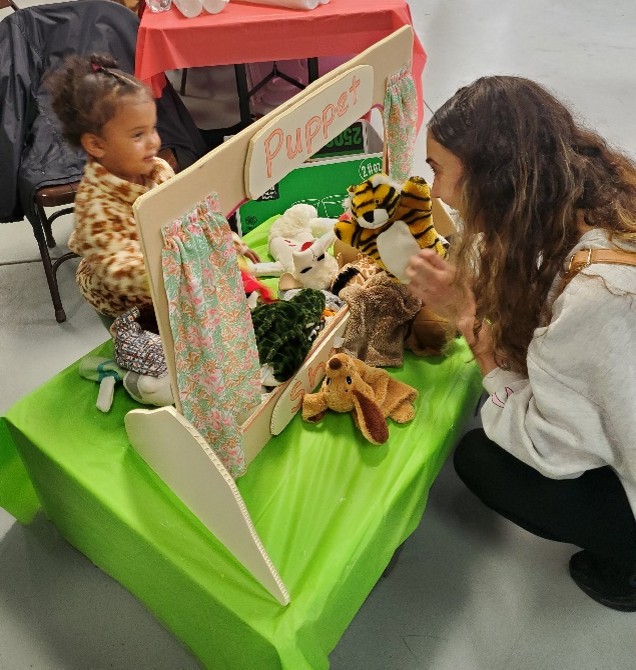Studies used in the Head Start classrooms are a crucial part of the curriculum. These studies allow children to explore chosen concepts in depth through utilizing various techniques such as the Know, What to Know, Learned strategy also known as KWL which is an instructional reading strategy that is used to guide students through a text. Studies in the Head Start classrooms are research-based backed and allow children to explore content areas more in depth. The studies are designed to help early childhood students develop deeper understanding of concepts and explore those concepts based on their input. Some past studies have included topics such as trees, balls and clothing. The studies in the curriculum help children scaffold their learning so their cognitive, affective and psychomotor skills increase.

Currently, trees are being studied in the Head Start classroom at Redstone 3 based on the students’ choice for their study. Students start with the KWL approach. Students begin by brainstorming everything they Know about a topic. Students then generate a list of questions about what they Want to Know about the topic. During or after reading, students then answer the questions, which result in new information that they have Learned. Therefore, Redstone 3 students entail what they know about trees, what they want to learn about tress, and what they have learned about trees at the end of the study. Children, along with their particular background knowledge in this area, are taken into account so that meaningful instruction can be implemented so that all children can learn from where they are currently at with their knowledge of the matter. Children are also encouraged to discuss trees and the concept is interrelated throughout the day to enhance their learning.

Classroom studies allow children to engage in activities to meet their specific learning styles and instruction is differentiated so that students on various levels are able to explore and build valuable knowledge on key concepts. At the Redstone 3 site, students gathered & identified parts of the tree, labeled tree parts, counted tree items such as branches and leaves, sang songs about trees and read stories about trees. All of the student’s work was then discussed with their parent. Bridging the study content that the children are doing in class to their home is a crucial component to the success of continued exploration in these areas.





 724-836-2600
724-836-2600






